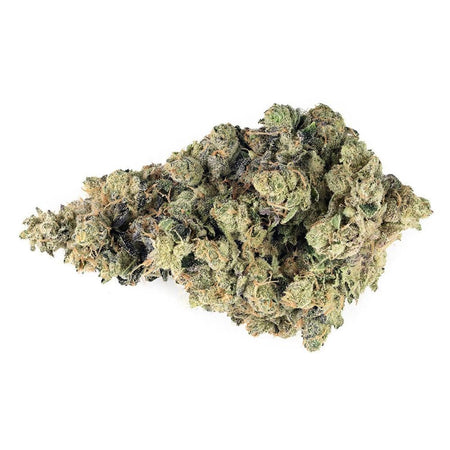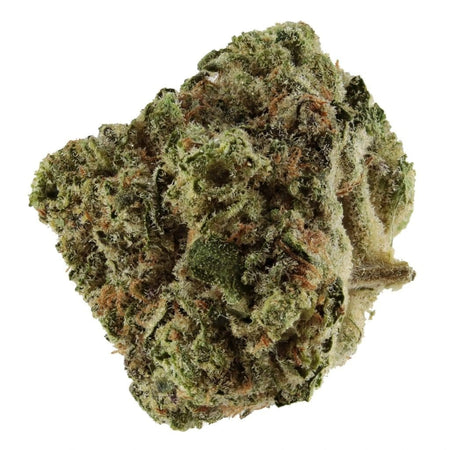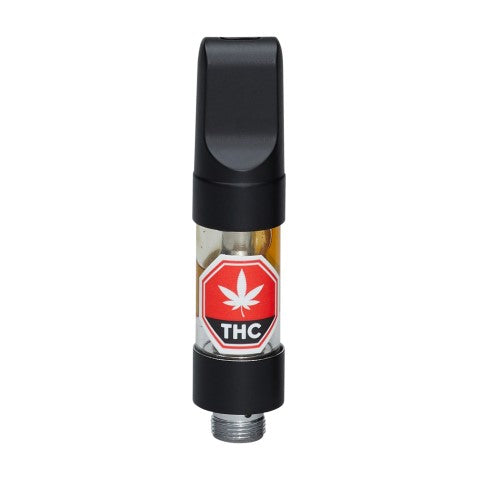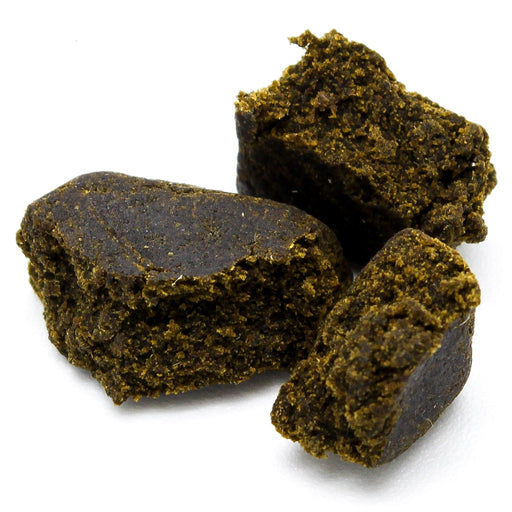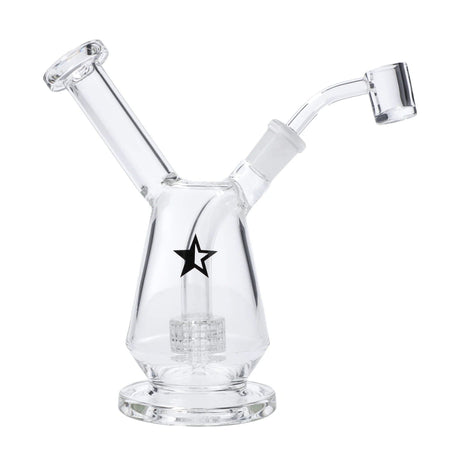The Journey to Cannabis: Personal Stories of Smokin’ Moms
The journey to cannabis for many mothers is as diverse as the women themselves, each bringing a unique story that enriches the broader narrative of cannabis acceptance. From medical necessity to recreational enjoyment, and even professional involvement, these mothers have embraced cannabis in ways that have profoundly impacted their lives and families.
Take, for instance, Maria, a mother of two from California, who turned to cannabis for medical reasons. Diagnosed with chronic pain, Maria found traditional medications ineffective and riddled with side effects. Her initial hesitation stemmed from societal stigma and the fear of being judged as a parent. However, after consulting with a healthcare professional and doing extensive research, she decided to give cannabis a try. The relief she experienced was transformative, not only alleviating her pain but also improving her overall quality of life. Today, Maria is an advocate for medical cannabis, sharing her story to help break down the taboos that surround its use.
On the other hand, we have Rebecca, a mother from Colorado, who discovered cannabis recreationally. Initially introduced to it in a social setting, she found it to be a way to unwind and manage stress more effectively than other substances like alcohol. Rebecca’s journey was marked by a gradual acceptance and understanding of cannabis, leading her to explore its various forms and benefits. As a parent, she navigated the complexities of responsible use, ensuring that her consumption never interfered with her parenting responsibilities. Her story underscores the importance of education and responsible enjoyment, showcasing how cannabis can coexist with a balanced, healthy lifestyle.
Professionally, there is Jane, a single mother who has carved out a career in the cannabis industry. Starting as a budtender, Jane’s passion for cannabis quickly propelled her into a managerial role. Her professional journey has been one of breaking barriers and challenging stereotypes, proving that a mother can excel in the cannabis sector while raising a family. Jane’s story highlights the growing opportunities within the cannabis industry and the shifting societal perceptions that come with it.
These personal stories, diverse in their motivations and experiences, converge on a common theme: breaking the stigma associated with cannabis. These mothers are not just users; they are pioneers in normalizing cannabis in their communities and homes. Their journeys emphasize the importance of open conversations, education, and responsible use, paving the way for a more accepting and informed society.
Balancing Motherhood and Cannabis: Challenges and Triumphs
Being a mother who uses or works with cannabis presents unique challenges intertwined with societal, legal, and personal dimensions. One of the foremost hurdles involves societal judgment; many mothers face stigma and criticism for their association with cannabis, often rooted in outdated stereotypes and misinformation. This societal scrutiny can lead to feelings of isolation and stress, compounded by the fear of legal repercussions, especially in regions where cannabis laws are stringent or ambiguous.
Despite these challenges, many mothers successfully navigate the complexities of integrating cannabis into their lives. For some, cannabis provides significant health benefits, such as managing chronic pain, anxiety, or postpartum depression, which in turn enhances their overall well-being and ability to parent effectively. These mothers often develop meticulous strategies to ensure responsible use, such as scheduling consumption during personal time or using non-psychoactive CBD products during the day.
Triumphs abound in the stories of mothers who have turned their association with cannabis into career opportunities. For instance, some have become influential advocates, educators, or entrepreneurs within the cannabis industry, utilizing their experiences to drive change and normalization. These mothers often emphasize the importance of transparency and education within their families, choosing to have age-appropriate conversations with their children about cannabis. This approach helps demystify the plant and promotes a responsible, informed perspective among the next generation.
Strategies for managing responsibilities and maintaining a positive family dynamic are diverse. Many mothers prioritize open communication, setting clear boundaries and expectations regarding cannabis use. They might also engage in community support networks, where sharing experiences and advice fosters a sense of solidarity and empowerment.
Looking ahead, the future for mothers in the cannabis industry appears promising. As advocacy efforts gain momentum and societal perceptions shift, there is potential for greater acceptance and normalization. This evolution could pave the way for more mothers to openly benefit from cannabis, whether for personal health or professional growth, without fear of judgment or legal consequences.

